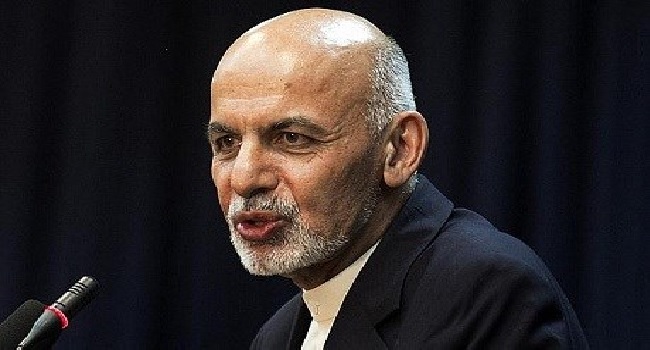World Soccer Talks
Lionel Messi’s move to Paris Saint Germain rocked the sports world. A sad, but necessary, move to try to reduce Barcelona’s dire situation of being $1.5 billion debt. Paris came to a standstill to welcome the Argentine. FC Barcelona did not have the winger as a first-team player for the first time in 16 years. LaLiga without the two biggest stars in the game.
Messi’s departure comes unexpectedly for seemingly everyone, including Barcelona management and the player himself. Lionel Messi returned to the club after his first major international success (winning the 2021 Copa América) ready to play. So ready to play that his pay would be slashed in half to free up finances for the club.
Yes, Messi would still make an estimated $85 million per year. If anything, it showed he was willing to work with the club to help them.
Newly elected Barcelona President Joan Laporta came in with two goals. The first one, to look good for fans, was to re-sign Messi. The Argentine’s contract expired at the end of the previous season, leaving him as a free agent. The second, more important goal, was to right Barcelona’s financial crisis.
FC Barcelona, among the biggest clubs in the world, sat billions of euros in debt. Despite a combined social media following of 400-million users and the third-highest average attendance in European soccer, the club was in economic ruin.
To estimate, most bookies say the club sat at $1.5 billion in the hole. As recently as August 16, the debt climbed to $1.58 billion, according to Laporta. Barcelona’s well-documented issues dominate headlines right now. Perhaps audiences enjoy watching the old guard fall. Or, on the flip side, fans enjoy seeing their comeback both on and off the field.
Regardless, these issues must be explained before they can be tackled and understood.
BARCELONA’S $1.5 BILLION DEBT IN THREE PIECES
1. DODGY TRANSFERS
On face value, transfers are an easy way to spend or earn money, depending on value.
In Barcelona’s case, it’s an understatement to say they took risks in the transfer market when trying to acquire players. Some of this can be chalked up to simple bad luck with injuries. Ousmane Dembele came over from Borussia Dortmund for a base fee of 105 million euros. Add-ons and other fees brought that transfer up to 125 million euros. Dembele’s constant injury dilemmas and lack of success on the field illustrate the obvious failures in the transfer.
Similarly, Barcelona acquired Philippe Coutinho for a club-record fee of 160 million euros. Injuries did not help the Brazilian, who could not keep up form on the field. Often, Barcelona fans at Camp Nou would jeer the midfielder during games.
The same story exists for players like Samuel Umtiti, Andre Gomes and even Antoine Griezmann. Albeit, Griezmann’s performances are fine, they just do not warrant the 120 million euro transfer fee he required.
The only saving grace for Barcelona in terms of transfers is that they sold Neymar for a world-record fee of 222 million euros. Despite the influx of cash from the Parisians, debt persisted and worsened.
At the beginning of 2021, Barcelona’s transfer debt to other clubs sat at roughly 205 million euros.
2. COVID-19 AND OTHER VENTURES
FC Barcelona, like millions of employees and companies around the world, suffered massive losses as a result of the COVID-19 pandemic.
In their end-of-year financial analysis, the club reported a net loss of 97 million euros in the 2019-20 season. The club attributes much of that to the loss of a true matchday experience. The club pulled in revenues of 162 mill…


